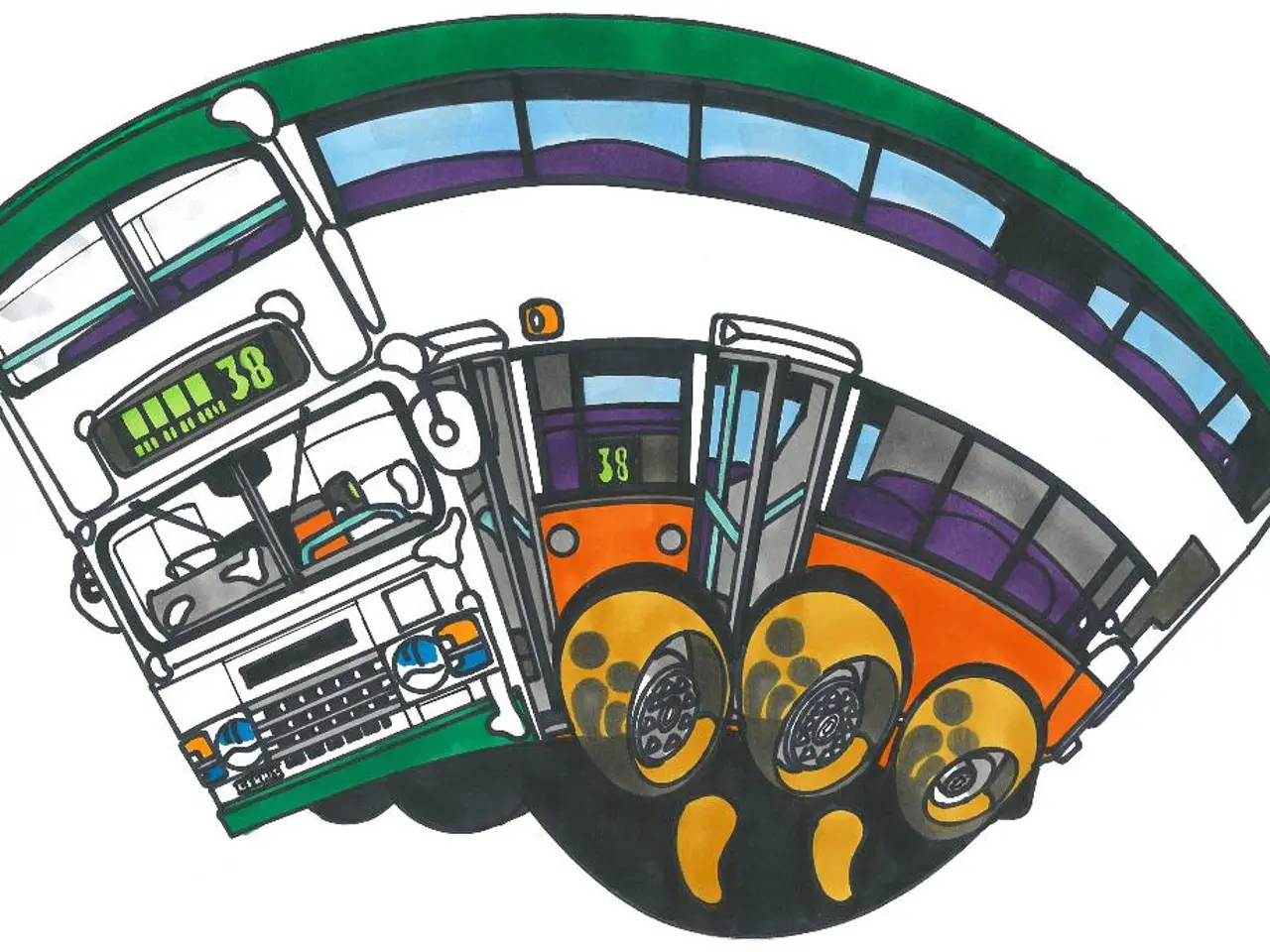Exploring the Magic School Bus Journey: Uncovering Its Lasting Impact on Popular Culture
In the realm of children's television, few shows have left an enduring impact quite like The Magic School Bus. Since its premiere on PBS Kids in 1994, and its reboot in 2017 on Netflix, this iconic series has continued to inspire curiosity in children worldwide.
Based on the best-selling book series by Joanna Cole and Bruce Degen, The Magic School Bus covers a wide range of science educational topics. From human body systems to space and astronomy, earth science and ecology, physics and chemistry, engineering and technology – the show delves into complex concepts in a manner that is both engaging and accessible.
The original series, with its eccentric teacher Ms. Frizzle, has become a cultural touchstone since the 1990s. Notable episodes like "Inside Ralphie", "Gets Lost in Space", "Blows Its Top", and "In a Pickle" have captivated generations of young viewers. In 2017, Netflix released a rebooted series called The Magic School Bus Rides Again, featuring a diverse cast, a new Frizzle in charge – Fiona Felicity Frizzle, younger sister to the original Ms. Frizzle – and updated animation. Notable episodes include "Carlos Gets the Sneezes", "Hides and Seeks", "The Tales Glaciers Tell", and "Ghost Farm".
Both versions of The Magic School Bus use visual learning techniques and accessible language to make scientific concepts easier for children to understand. They serve as discussion starters to stimulate curiosity and critical thinking at home or in classrooms. The shows provide a framework for hands-on activities, class discussions, and home projects, allowing science topics to be explored interactively alongside the episodes.
The series remains a beacon of quality edutainment in an era where educational content competes with fast-paced entertainment and social media. It encourages teamwork, tolerance, and problem-solving, skills crucial for scientific learning and development. Ms. Frizzle, one of the first female characters in children's television to embody a role as a fearless, intelligent, and unapologetically weird science teacher, has become a source of internet memes, reflecting her lasting influence.
Many classrooms still use DVDs or streaming platforms to integrate episodes into their weekly science plans. Teachers can access worksheets, quizzes, and episode guides through websites like Scholastic or PBS LearningMedia. The show is particularly beneficial for visual learners, as it presents science in action.
In conclusion, both the original and the rebooted The Magic School Bus are rich educational tools that engage children in core science subjects while equipping parents and teachers with a fun and effective way to supplement science education aligned with elementary curricula. Whether you're a fan of the original series or the reboot, there's no denying the lasting impact The Magic School Bus has had on the world of education and entertainment.
Read also:
- Shaping production and consumption tendencies via cosmetic certification
- Center Stack Display Market Forecast to Reach USD 7.2 Million by 2034
- Research Reveals Potential for Producing Fuel from Invasive Plant Species
- Wild Shrub with Abundant Potential for Indian Agriculture: Conkerberry/Bush Plum Offers Resilience






